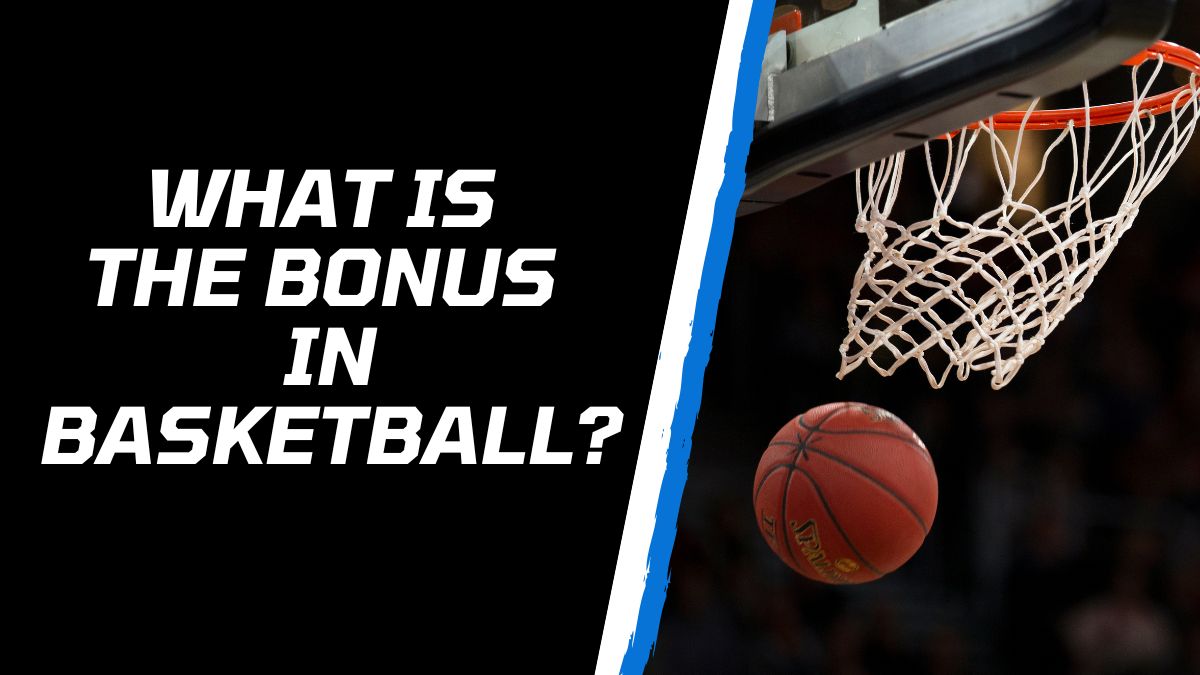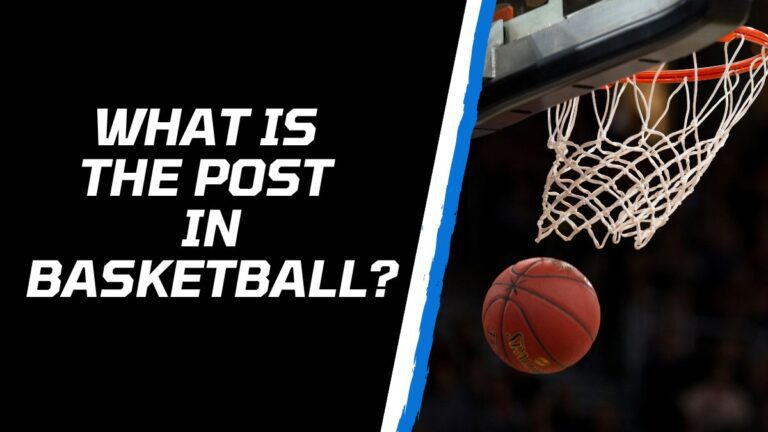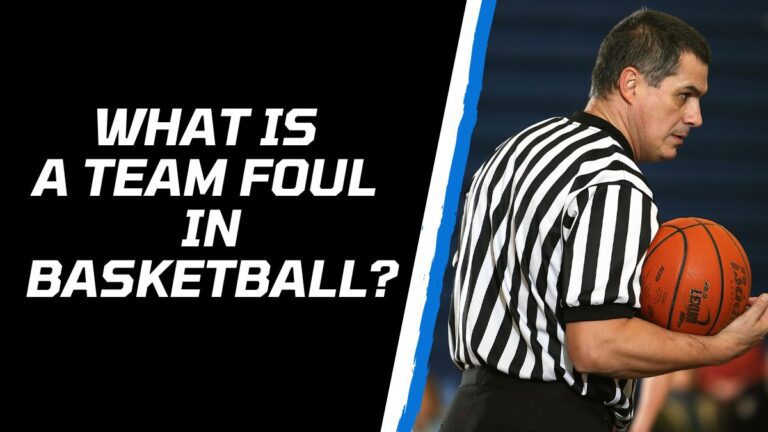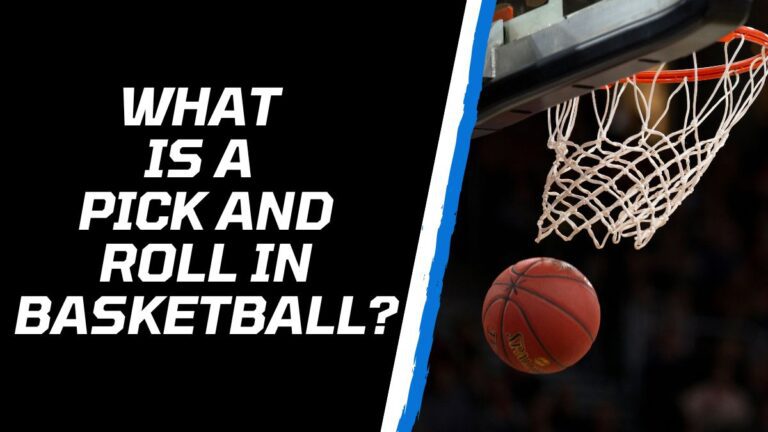What is the Bonus in Basketball? Everything You Need to Know
In basketball, the bonus is a situation in which a team is awarded two free throws every time a player on their team is fouled, regardless of whether the foul was committed during a shooting attempt. This happens when the opposing team commits a certain number of fouls in a quarter or half.
The bonus rule comes into play when a team accumulates a certain number of team fouls within a specific period (usually a quarter). Once a team reaches this predetermined foul limit, the opposing team is awarded free throws even if the foul occurs during a non-shooting situation.
As a basketball fan, you might be wondering ‘what is the bonus in basketball?’ Read on to find out everything you need to know about bonuses in the game of basketball.
Why does the bonus exist?

The bonus exists to discourage teams from fouling intentionally to stop the clock or prevent a scoring opportunity. By awarding free throws, the bonus forces teams to play more honest defense and gives the fouled team a chance to score points.
The bonus system is in place to incentivize teams to play with good sportsmanship and to provide an opportunity for a disadvantaged team to catch up. The concept of bonuses becomes beneficial in games where the opposing team commits a lot of fouls.
How does the bonus work in different basketball leagues?
The bonus rules vary slightly between different basketball leagues. In the NBA, a team enters the bonus when the opposing team commits its 5th foul of the quarter. In college basketball, a team enters the bonus when the opposing team commits its 7th foul of the half. In FIBA, a team enters the bonus when the opposing team commits its 4th foul of the period.
Here is a table summarizing the bonus rules in different basketball leagues:
| League | Number of Fouls to Enter Bonus |
| NBA | 5 Fouls per quarter |
| NCAA | 7 Fouls per quarter |
| FIBA | 4 Fouls per period |
Additional notes:
- In the NBA, the bonus resets at the end of each quarter.
- In college basketball, the bonus resets at the end of each half.
- In FIBA, the bonus resets at the end of each period.
- Technical fouls and offensive fouls do not count toward the team foul limit.
- In the NBA, a team enters the double bonus when the opposing team commits its 10th foul of the quarter. In this situation, the fouled team is awarded two free throws even if they miss the first shot.
The Bonus in the NBA
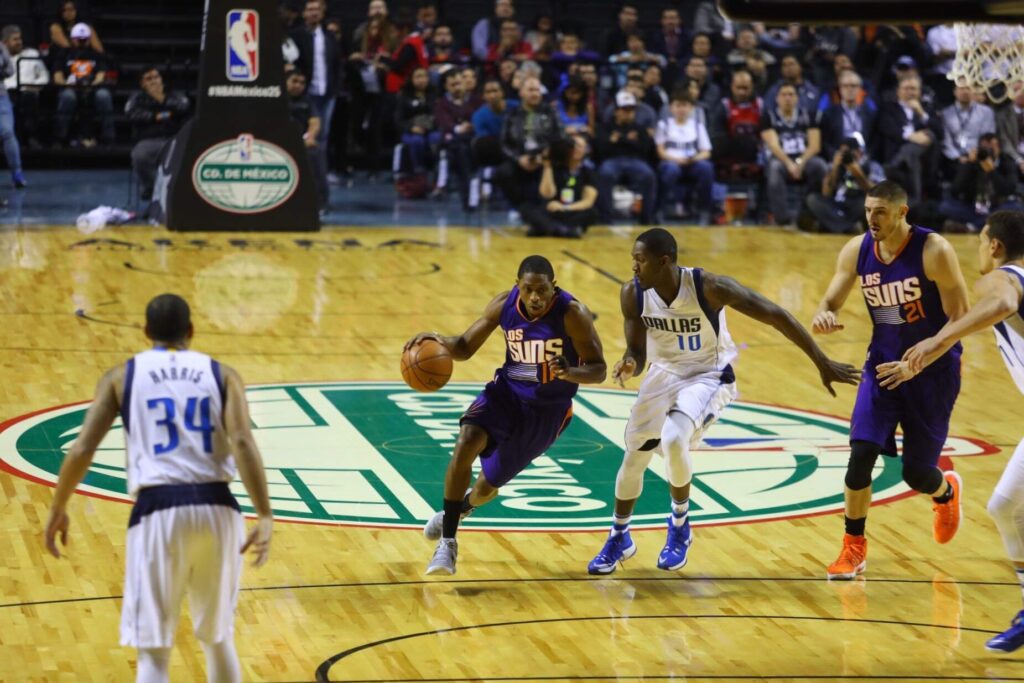
In the NBA, a team enters the bonus when the opposing team commits its 5th foul of the quarter. This means that any time a player on the bonus team is fouled, they will be awarded two free throws, regardless of whether the foul was committed during a shooting attempt.
How many fouls does it take to enter the bonus in the NBA?
It takes 5 fouls for a team to enter the bonus in the NBA. These five fouls need to be committed in a single quarter for the bonus to be considered.
What happens when a team is in the bonus in the NBA?
When a team is in the bonus, they are awarded two free throws every time a player on their team is fouled, regardless of whether the foul was committed during a shooting attempt. This is a significant advantage, as it gives the fouled team a chance to score points even if they are not in a good shooting position.
Are there any exceptions to the bonus rules in the NBA?
Yes, there are a few exceptions to the bonus rules in the NBA:
- Technical fouls and offensive fouls do not count toward the team foul limit. This means that a team can commit a technical foul or an offensive foul without entering the bonus.
- In the last two minutes of a quarter, a team enters the bonus after the opposing team commits its 2nd foul. This is done to discourage teams from intentionally fouling to stop the clock.
- In the overtime period, a team enters the bonus after the opposing team commits its 4th foul. This is done to speed up the game and prevent teams from fouling to extend the game.
The Bonus in College Basketball
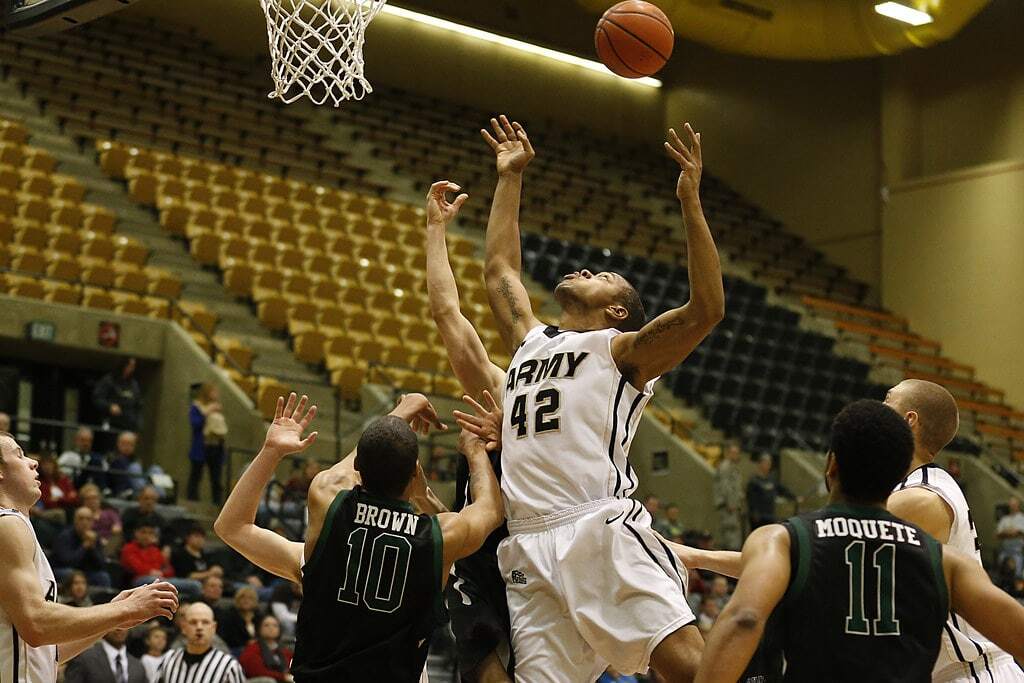
In college basketball, a team enters the bonus when the opposing team commits its 7th foul of the half. This means that any time a player on the bonus team is fouled, they will be awarded one free throw and the ball, regardless of whether the foul was committed during a shooting attempt. If the first free throw is made, the player gets another free throw.
How many fouls does it take to enter the bonus in college basketball?
It takes 7 fouls for a team to enter the bonus in college basketball.
What happens when a team is in the bonus in college basketball?
When a team is in the bonus in college basketball, a fouled player gets free throw opportunities. In the “one-and-one” bonus, they shoot one free throw; in the “double bonus,” they shoot two regardless of the first attempt’s outcome.
Are there any exceptions to the bonus rules in college basketball?
Yes, there are some exceptions to the bonus rules in college basketball.
- In NCAA men’s basketball, once a team accumulates seven team fouls in a half, the opposing team enters the “one-and-one” bonus situation. This means the player who was fouled gets to take a free throw, and if they make it, they get a second attempt.
- In college basketball, team fouls reset at the end of each half. Unlike some professional leagues, where team fouls might accumulate across quarters, college basketball resets the count at the start of the second half.
- In overtime periods, the bonus rules often remain the same as in the second half.
- The double bonus occurs after a team accumulates ten team fouls in a half. In this situation, the fouled player is awarded two free throws regardless of whether they make the first one.
Bonus vs Double Bonus
The bonus and double bonus are two different situations in basketball that determine how many free throws a team is awarded when a player is fouled.
The Bonus
The bonus occurs when a team commits a certain number of fouls in a quarter or half. In the NBA, a team enters the bonus when the opposing team commits its 5th foul of the quarter. In college basketball, a team enters the bonus when the opposing team commits its 7th foul of the half. In FIBA, a team enters the bonus when the opposing team commits its 4th foul of the period.
When a team is in the bonus, they are awarded two free throws every time a player on their team is fouled, regardless of whether the foul was committed during a shooting attempt. This is a significant advantage, as it gives the fouled team a chance to score points even if they are not in a good shooting position.
The Double Bonus
The double bonus is a more severe penalty that occurs when a team commits even more fouls. In the NBA, a team enters the double bonus when the opposing team commits its 10th foul of the quarter. In college basketball, a team enters the double bonus when the opposing team commits its 9th foul of the half. In FIBA, there is no double bonus.
When a team is in the double bonus, they are awarded two free throws every time a player on their team is fouled, regardless of whether they make the first shot. This means that the fouled team is guaranteed to get two free throws, even if they miss the first one.
The double bonus is a significant advantage for the fouled team, as it gives them a chance to score easy points even if they are not good free-throw shooters.
Controversy With the Bonus in Basketball

The bonus rule in basketball has been a source of controversy for many years. Some people believe that it is a fair way to penalize teams for committing too many fouls, while others believe that it gives the fouled team an unfair advantage.
One of the main concerns with the bonus rule is that it can lead to teams intentionally fouling players in order to stop the clock or prevent a scoring opportunity. This is known as “hack-a-foul” or “hack-a-strategy”.
The hack-a-foul strategy is most commonly used against poor free throw shooters. By intentionally fouling a poor free throw shooter, the defense can force them to take free throws, which they are more likely to miss. This can give the defense a significant advantage, as it can stop the clock and prevent the offense from scoring points.
The hack-a-foul strategy has been criticized by many people, including coaches, players, and fans. They argue that it is a boring and unfair way to play the game.
In recent years, there have been some changes to the bonus rule in an effort to address the hack-a-foul problem. In the NBA, the double bonus now begins after the 10th foul of the quarter, instead of the 7th foul. This means that teams are less likely to intentionally foul players in the last few minutes of the quarter, as they will not be awarded two free throws every time they foul a player.
The bonus rule is a complex issue with no easy solution. It is important to weigh the pros and cons of the rule and to make changes that will make the game more fair and exciting for everyone involved.
Final Thoughts
The bonus is a way to discourage teams from fouling intentionally to stop the clock or prevent a scoring opportunity. By awarding free throws, the bonus forces teams to play more honest defense and gives the fouled team a chance to score points.
The bonus can be a major strategic advantage for a team. If a team is in the bonus, they can foul the opposing team without giving up easy points. This can be a valuable tool for slowing down the pace of the game or preventing the opposing team from scoring.
The bonus can also be a disadvantage for a team if they are not good free-throw shooters. If a team misses their free throws, the opposing team can get the ball back and have a chance to score points.
Overall, the bonus is an important rule in basketball that can have a significant impact on the outcome of the game. By understanding the bonus rules, coaches and players can make strategic decisions that will help their team win.
Related Resources:

